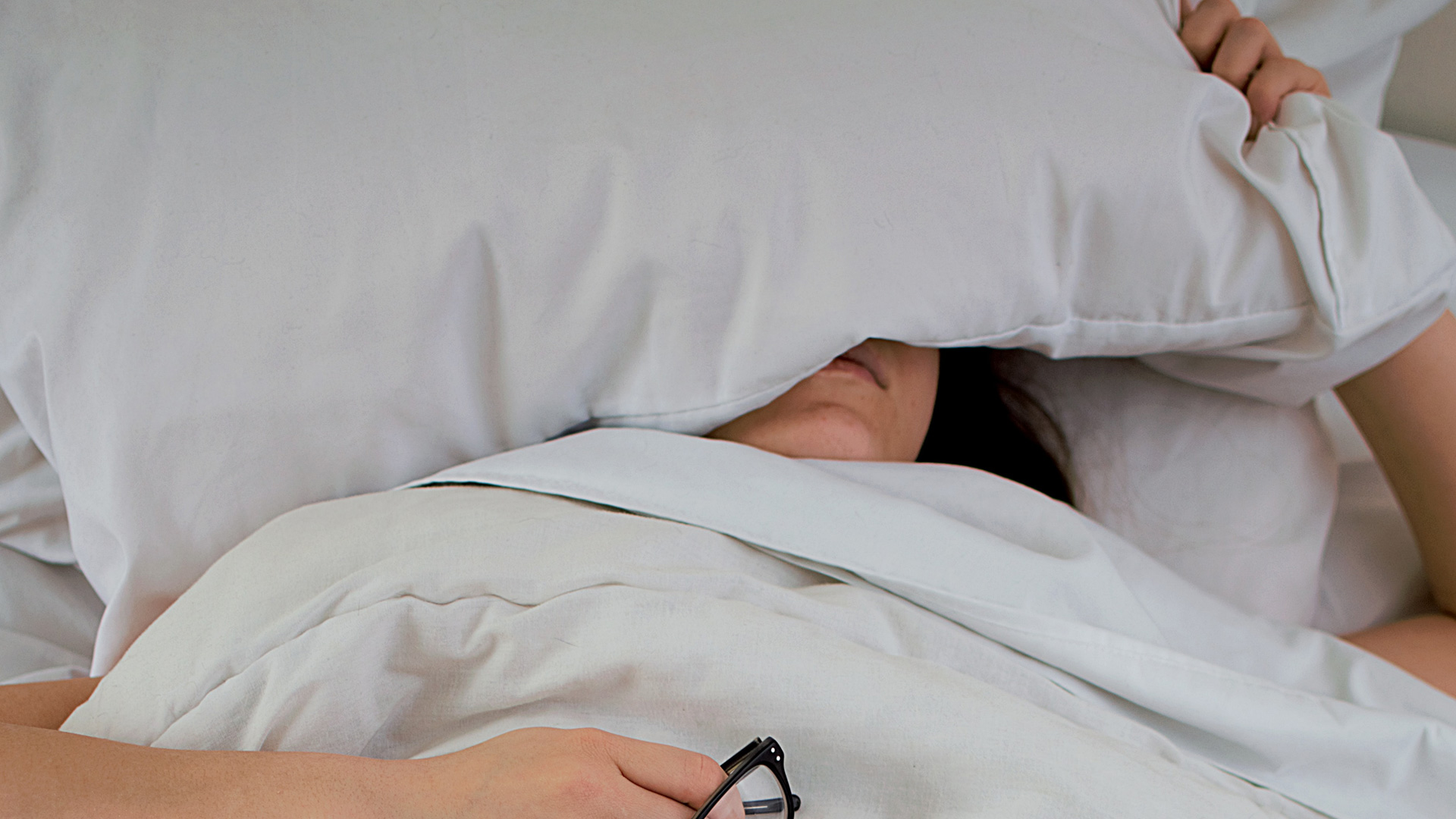

We're all on the hunt for the perfect night's sleep, and there's a whole range of things we know we should probably avoid before bed if we're going to achieve it. Booze. An hour of doomscrolling on Twitter. Coffee. (Although according to research, that last one isn't actually as bad for us as we originally thought.)
But you probably never suspected that your fitness tracker might be the culprit for your poor sleep, did you? Today's best sleep trackers will keep an eye on exactly when you're snoozing and how deeply, and report back in startling detail every morning. But some experts think this obsession with achieving the perfect sleep 'score' on your tracker might actually be causing you to sleep worse. The phenomenon has a name – Orthosomnia – and there's research to back it up, too.
Should you be unstrapping your sleep tracker and chucking it out of your bedroom window? We asked two sleep experts for their take.
Olivia Arezzolo is a sleep has qualifications in psychology and sleep psychology and is well known for her sleep advice. "While sleep trackers can be helpful, as they increase awareness around sleep quality, and perhaps raise awareness into elements which sabotage and support sleep; they can also be detrimental, as an individual can become over-identified with the numerical values," she explains.
Olivia recommends implementing a healthy sleep routine – she has a signature bedtime routine that might make for a good starting point – rather than using a tracker straight off and trying to firefight issues as they arise. "The primary way to improve sleep is by taking action…. Sleep tracking in itself is not sufficient to improve sleep, therefore it should not be of primary importance."
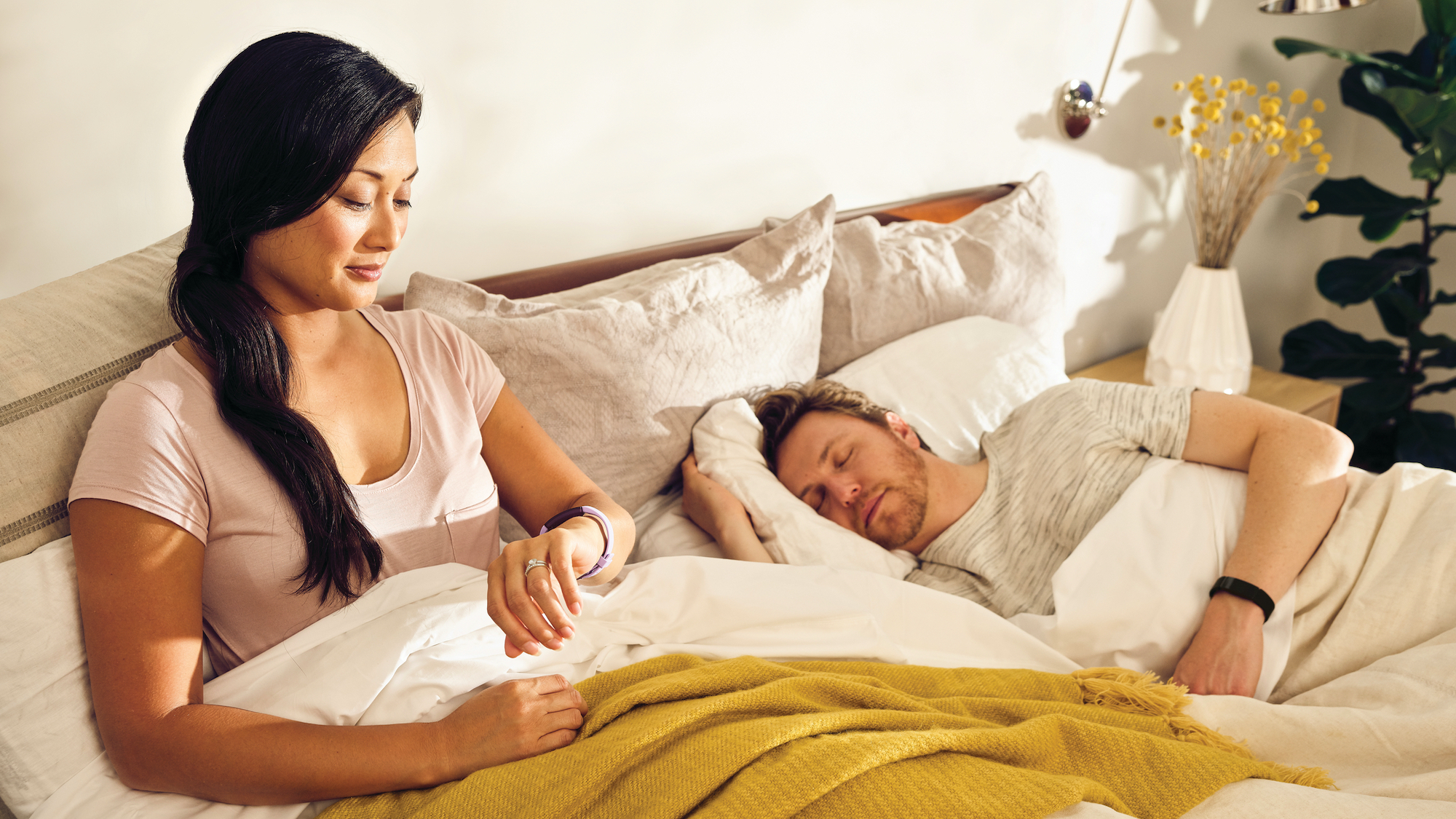
Olivia says that once you have a good routine in place, then you could start with a sleep tracker. Although by that point, presumably it'll only be useful for patting yourself on the back for being such an amazing sleeper.
We also got in touch with "Sleep Geek" James wilson, founder of Beingwell, to hear his take. “Generally, I find that sleep trackers are as likely to make sleep worse, as they are to improve sleep," he says. There are a couple of reasons he believes this is the case. First, they're designed purely to capture data, rather than coach improvements. "We are often expecting them to be an intervention in our sleep, when in fact they are a measurement tool that gives us an idea – with some being more accurate than others – as to how we are sleeping."
Sign up to the T3 newsletter for smarter living straight to your inbox
Get all the latest news, reviews, deals and buying guides on gorgeous tech, home and active products from the T3 experts
The second reason is that they create added pressure for those who aren't hitting those ideal scores. "If you are a poor sleeper, a tracker tells you something that you already know from how you feel, namely that you didn’t sleep very well," he continues. "This then leads to the person tracking their sleep feeling like a failure, they focus too hard on trying to sleep better, and end up sleeping worse."
If you are looking for aids to help you improve your sleep, you could start with trying these techniques to fall asleep quickly, or perhaps invest in a pair of the best sleep headphones if you want to mask background noise.
Ruth is a lifestyle journalist specialising in sleep and wellbeing. She has tested more mattresses than her small flat can handle and will talk at length about them to anyone who shows even a passing interest, and has had to implement a one-in-one-out pillow policy for fear of getting smothered in the night. As well as following all the industry trends and advancements in the mattress and bedding world, she regularly speaks to certified experts to delve into the science behind a great night's sleep, and offer you advice to help you get there. She's currently Sleep Editor on Tom's Guide and TechRadar, and prior to that ran the Outdoors and Wellness channels on T3 (now covered by Matt Kollat and Beth Girdler-Maslen respectively).
-
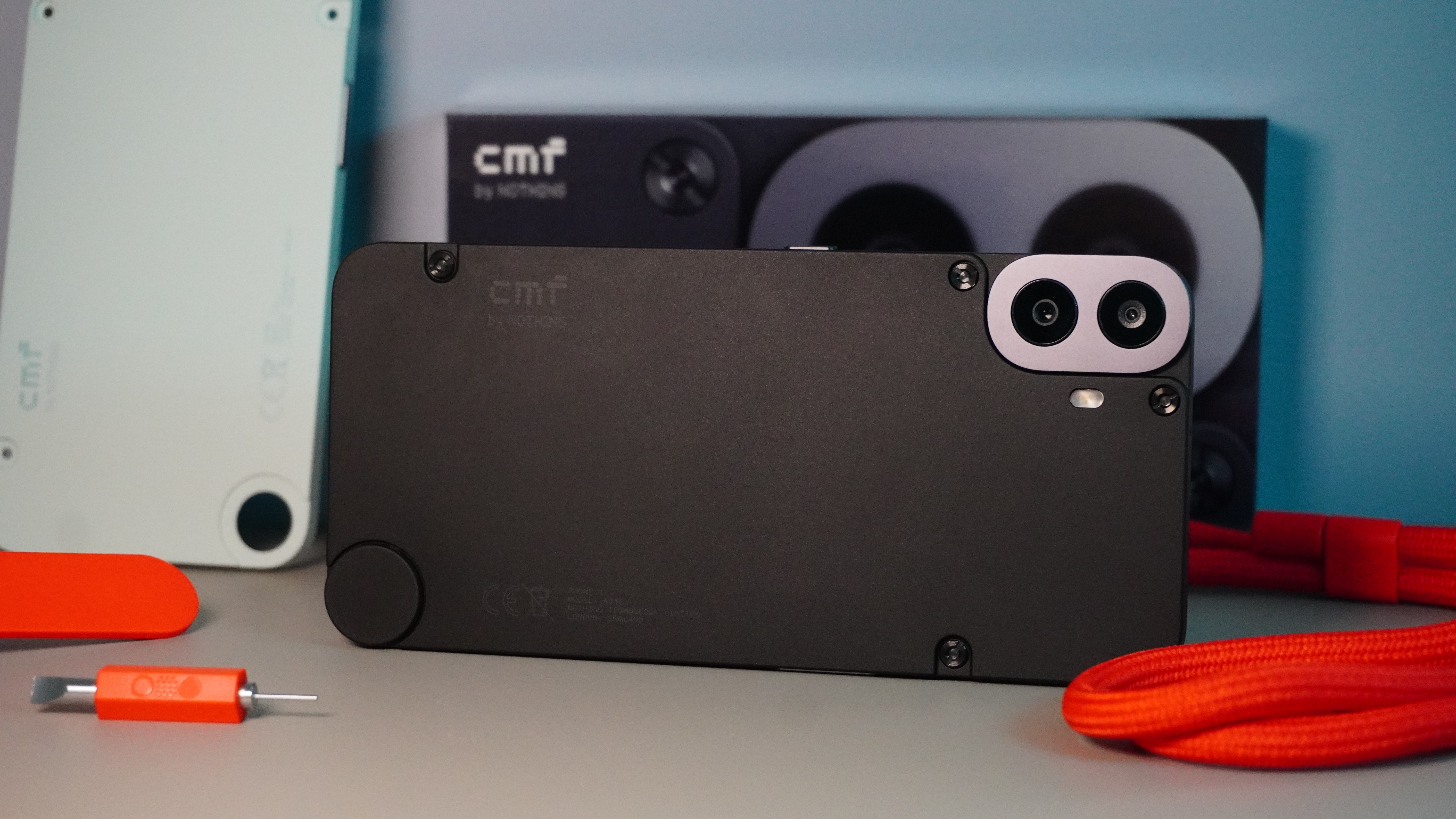 Nothing's next phone could be a budget powerhouse, thanks to this confirmed hardware detail
Nothing's next phone could be a budget powerhouse, thanks to this confirmed hardware detailOfficial details reveal more about the next phone coming from Nothing
By Chris Hall
-
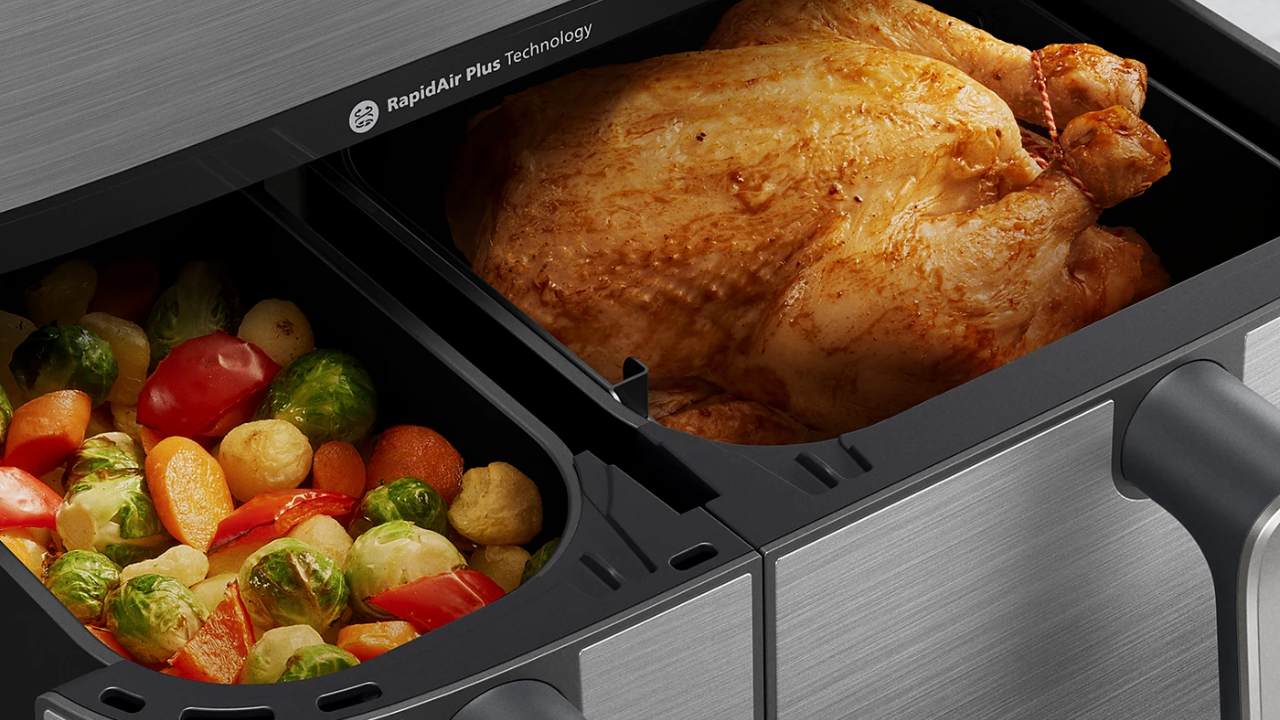 The biggest mistake you’re making when cooking Easter lamb in an air fryer
The biggest mistake you’re making when cooking Easter lamb in an air fryerCooking Easter lunch in your air fryer? Don’t make this mistake…
By Bethan Girdler-Maslen
-
 I spent 6 weeks with the FoodMarble Aire 2: here’s what I learned about my gut health
I spent 6 weeks with the FoodMarble Aire 2: here’s what I learned about my gut healthI’ve been testing the clever breath-testing gadget with the companion app over several weeks to find out if it delivers on its promises
By Lee Bell
-
 Oil pulling is going viral on TikTok for stopping morning breath – but does it actually work?
Oil pulling is going viral on TikTok for stopping morning breath – but does it actually work?4 hacks that prevent morning breath, according to a sleep expert
By Bethan Girdler-Maslen
-
 These limited edition McLaren x Loop earplugs are what you need for Formula 1 season
These limited edition McLaren x Loop earplugs are what you need for Formula 1 seasonMcLaren teams up with Loop on limited edition noise-reducing earplugs
By Bethan Girdler-Maslen
-
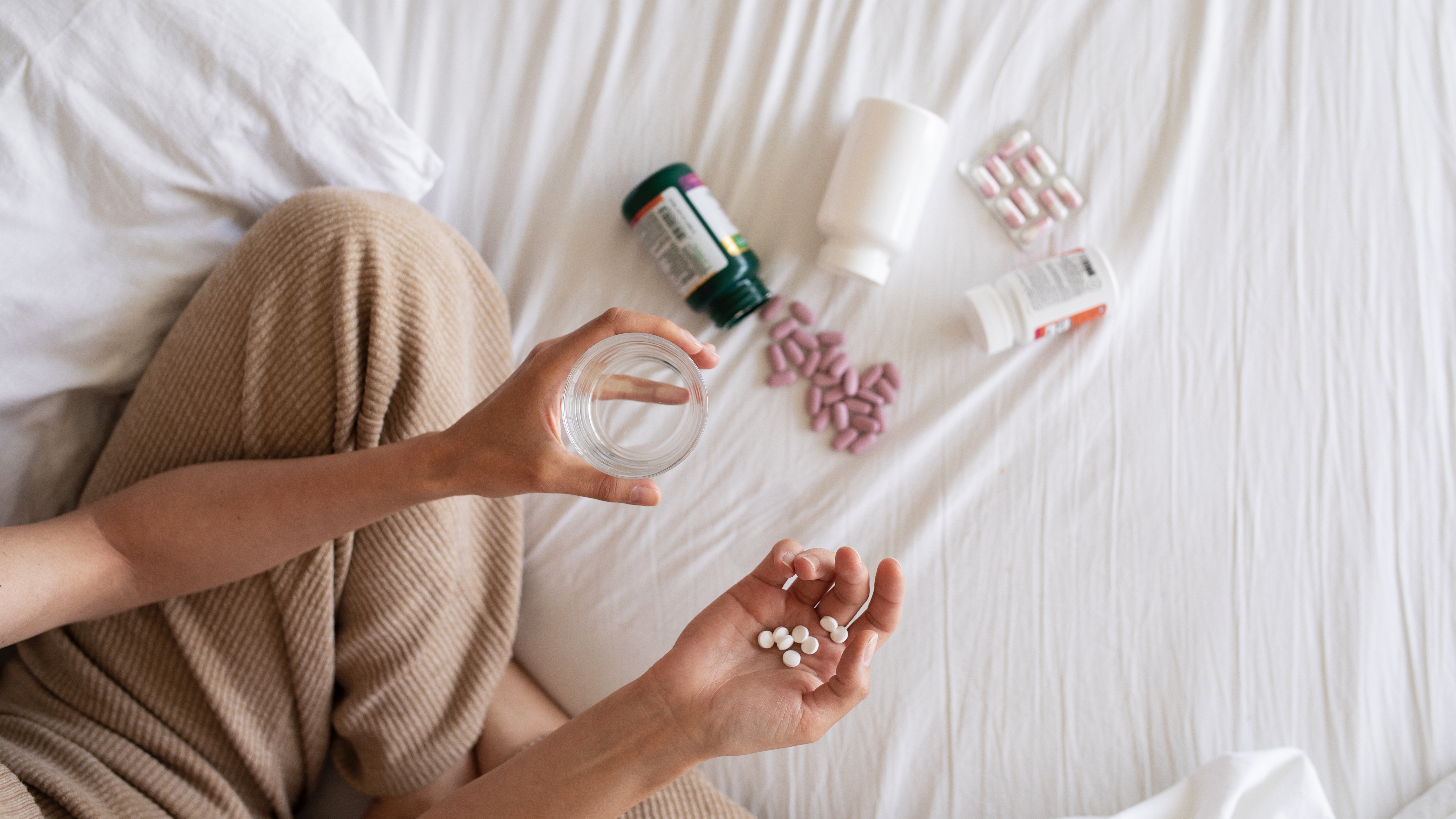 5 sleep supplements that help me achieve 8+ hours of rest every night
5 sleep supplements that help me achieve 8+ hours of rest every nightIt took me years to perfect my sleep routine – here are the supplements that helped
By Lizzie Wilmot
-
 3 reasons why you wake up at 3am every night – and how to avoid it
3 reasons why you wake up at 3am every night – and how to avoid itAlways waking up in the middle of the night? This could be why…
By Bethan Girdler-Maslen
-
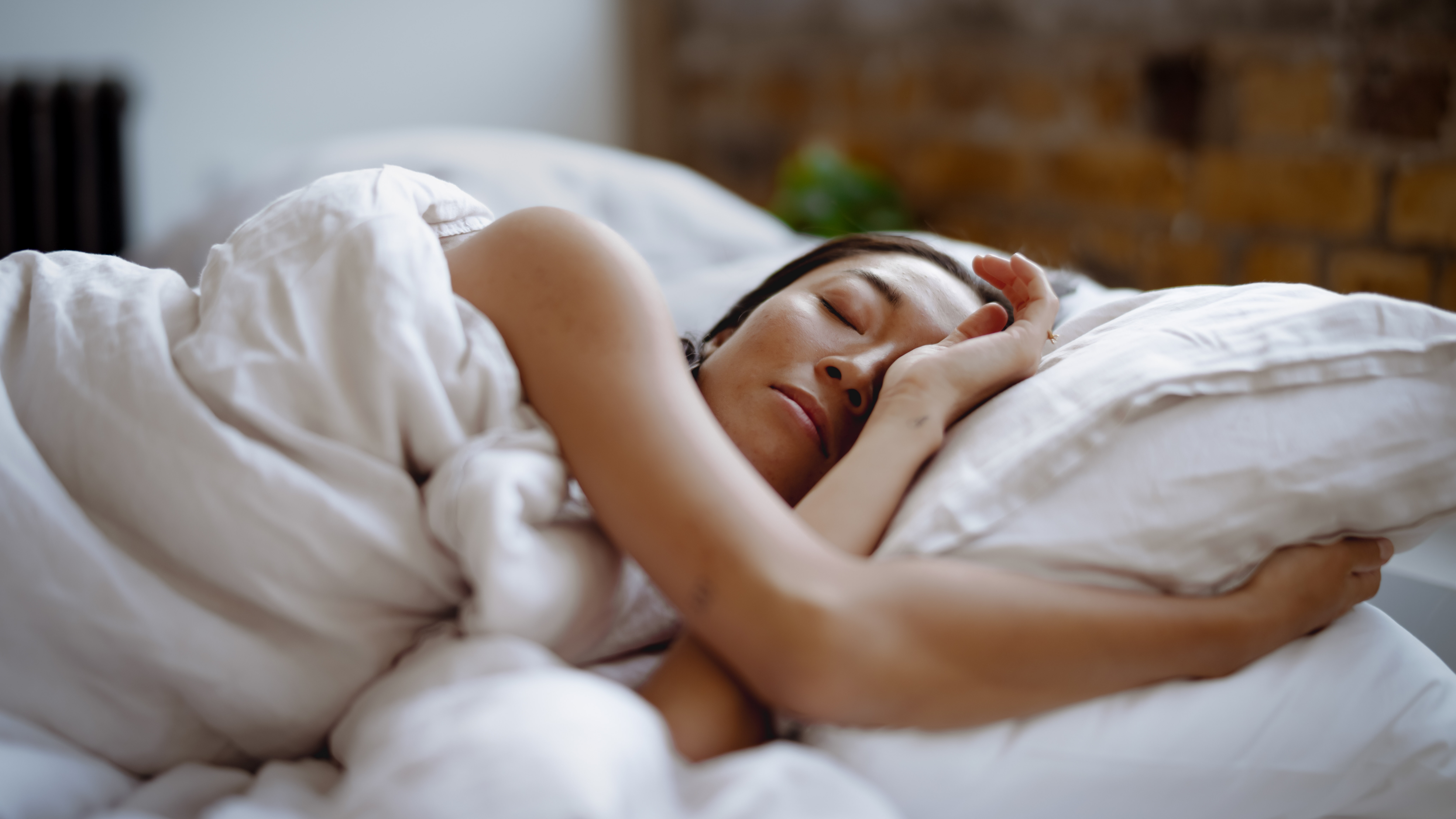 This tiny device will automatically disable your distracting apps before you sleep
This tiny device will automatically disable your distracting apps before you sleepSay hello to Kip...
By Lizzie Wilmot
-
 Therabody experts give 7 tips for perfecting your sleep routine for World Sleep Day
Therabody experts give 7 tips for perfecting your sleep routine for World Sleep DayFrom breathing exercises to sleep masks, here’s how to prioritise sleep, according to experts
By Bethan Girdler-Maslen
-
 Loop Dream review: super soft earplugs to help you snooze soundly, even if you’re a side sleeper
Loop Dream review: super soft earplugs to help you snooze soundly, even if you’re a side sleeperSquishy silicone and uniquely shaped ear tips take Loop’s nighttime earplugs to dreamy heights
By Joanna Ebsworth